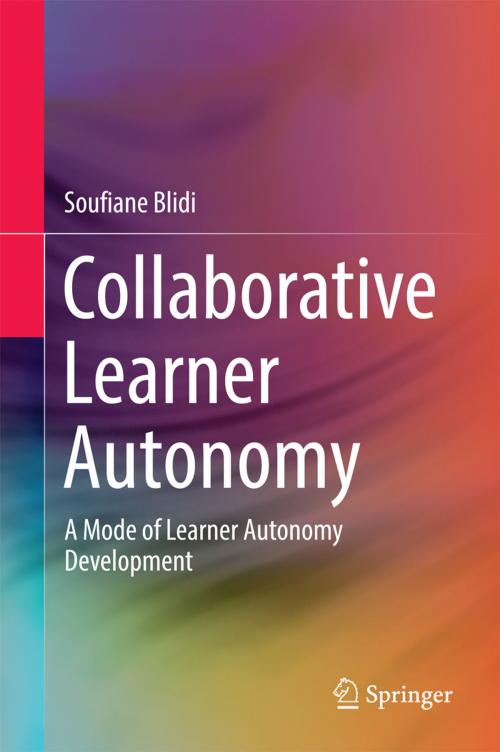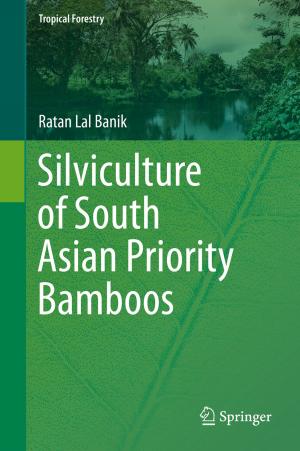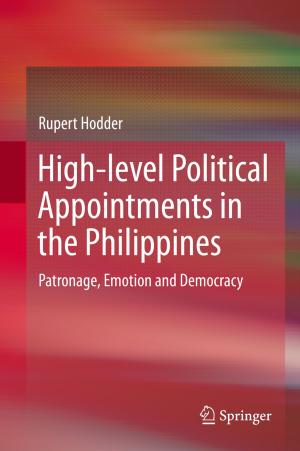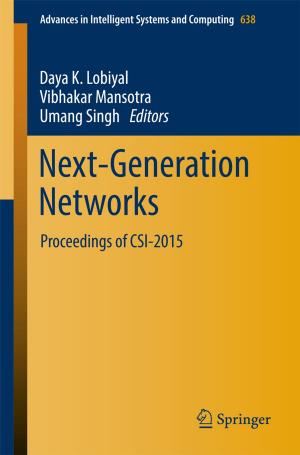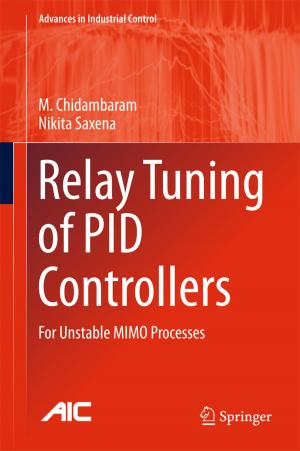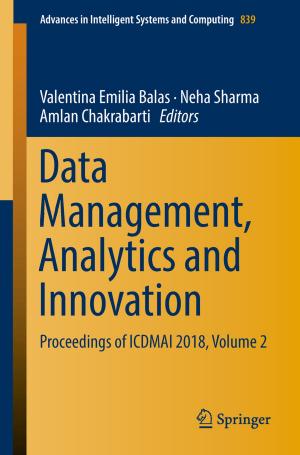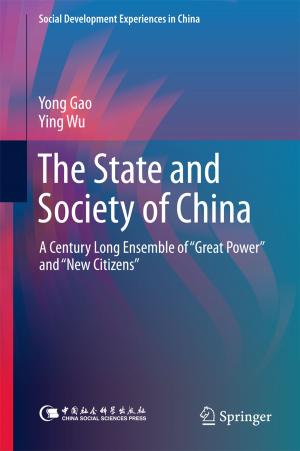Collaborative Learner Autonomy
A Mode of Learner Autonomy Development
Nonfiction, Reference & Language, Education & Teaching, Teaching, Language Experience Approach, Educational Theory, Educational Psychology| Author: | Soufiane Blidi | ISBN: | 9789811020483 |
| Publisher: | Springer Singapore | Publication: | September 20, 2016 |
| Imprint: | Springer | Language: | English |
| Author: | Soufiane Blidi |
| ISBN: | 9789811020483 |
| Publisher: | Springer Singapore |
| Publication: | September 20, 2016 |
| Imprint: | Springer |
| Language: | English |
The book investigates interest groups and various learning circles, Reading Circles (RCs) learning opportunity in particular, as a mode of in-class and beyond class autonomous learning in the context of English Language Teaching (ELT) at tertiary level in Oman, and in similar contexts in the Middle East and North Africa (MENA) region. This investigation presents learners’ positive perceptions of learner autonomy and their readiness to adopt related practices. Building on findings from these RCs, the book introduces collaborative learner autonomy (CLA) as a novel concept of learner autonomy for use in educational contexts in the MENA region. As a concept of gradual development of learner autonomy, the CLA represents a new dynamic learner autonomy development process consisting of individual, competitive, collaborative, and autonomous stages. The CLA advocated in the book emphasizes the constructive role of teachers and educational institutions can play with other stakeholders in developing autonomy in their learners. The book also suggests that it is a shared responsibility that students, teachers, educational establishments, families, society and the educational systems should assume in a spirit of partnership.
The book investigates interest groups and various learning circles, Reading Circles (RCs) learning opportunity in particular, as a mode of in-class and beyond class autonomous learning in the context of English Language Teaching (ELT) at tertiary level in Oman, and in similar contexts in the Middle East and North Africa (MENA) region. This investigation presents learners’ positive perceptions of learner autonomy and their readiness to adopt related practices. Building on findings from these RCs, the book introduces collaborative learner autonomy (CLA) as a novel concept of learner autonomy for use in educational contexts in the MENA region. As a concept of gradual development of learner autonomy, the CLA represents a new dynamic learner autonomy development process consisting of individual, competitive, collaborative, and autonomous stages. The CLA advocated in the book emphasizes the constructive role of teachers and educational institutions can play with other stakeholders in developing autonomy in their learners. The book also suggests that it is a shared responsibility that students, teachers, educational establishments, families, society and the educational systems should assume in a spirit of partnership.
